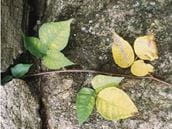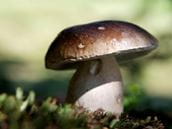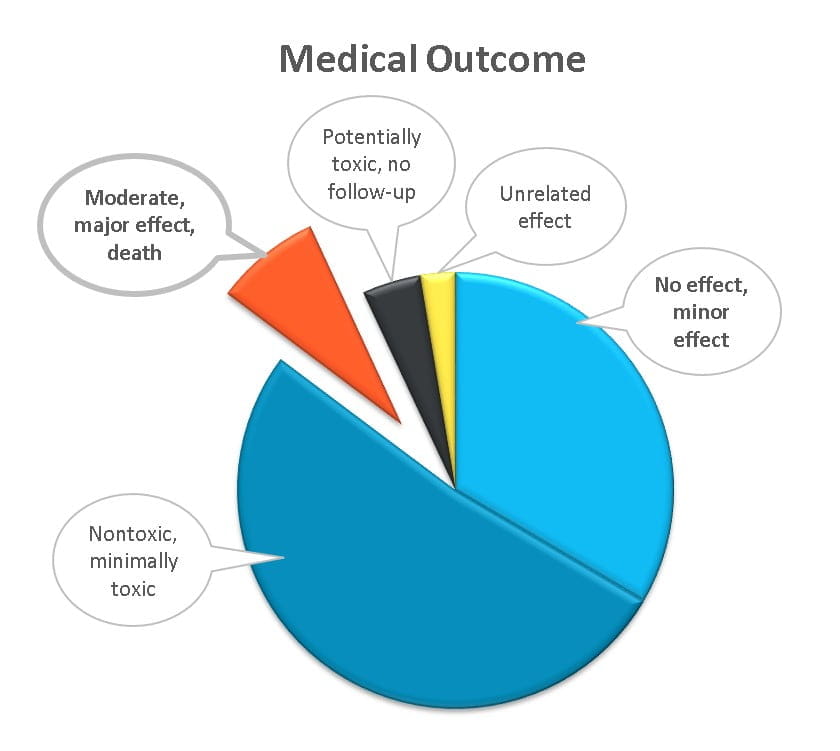
Poisoning from Frogs, Newts, Toads, and Salamanders
Amphibians—frogs, newts, toads, and salamanders—are equipped with defense mechanisms deserving of much caution. Some of the potent toxins they produce include digoxin, tryptamines, and tetrodotoxin. These can cause a variety of symptoms such as irregular heart rhythm, dizziness, cardiac arrest, and paralysis. Frogs and toads are also known to spread Salmonella to humans.













